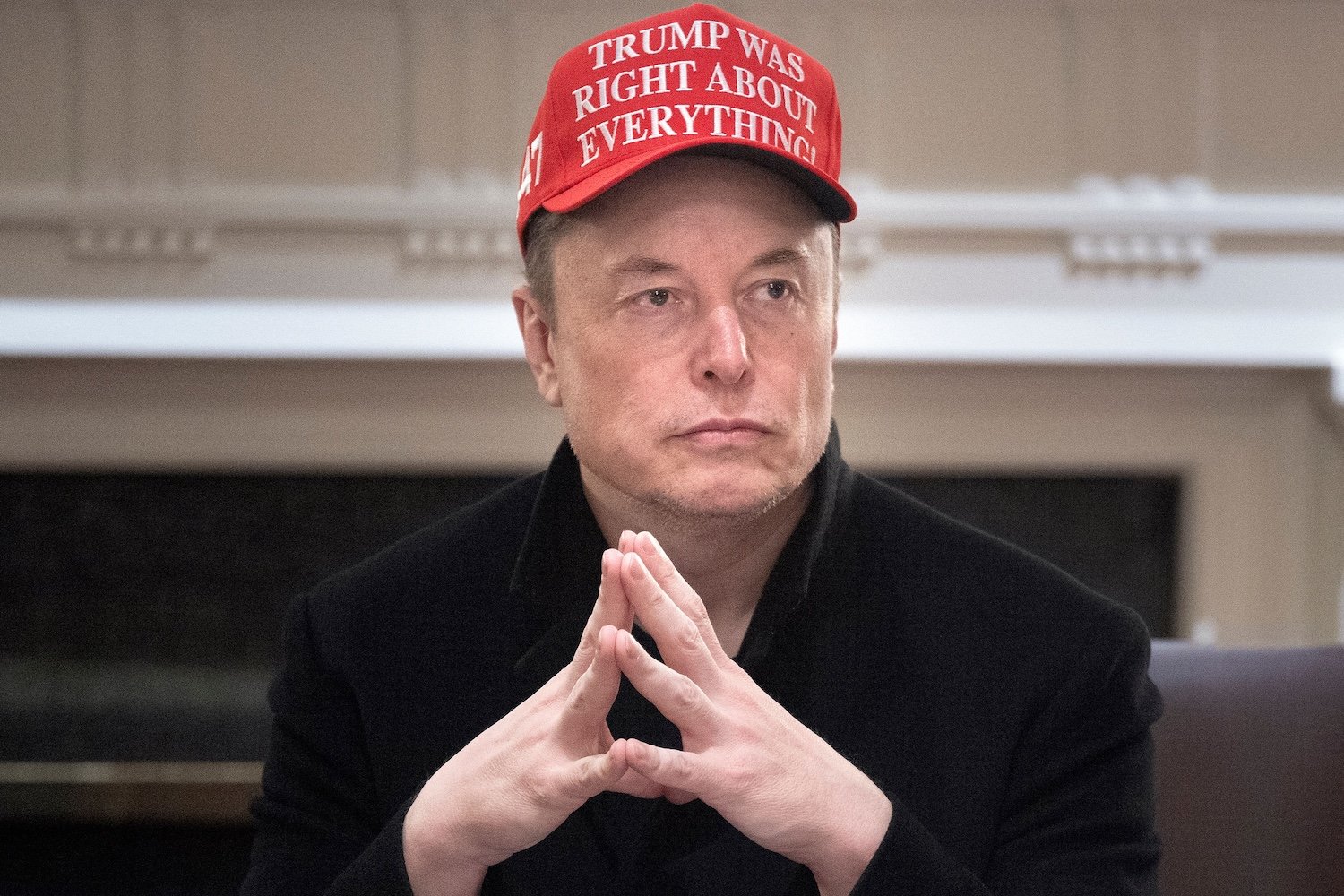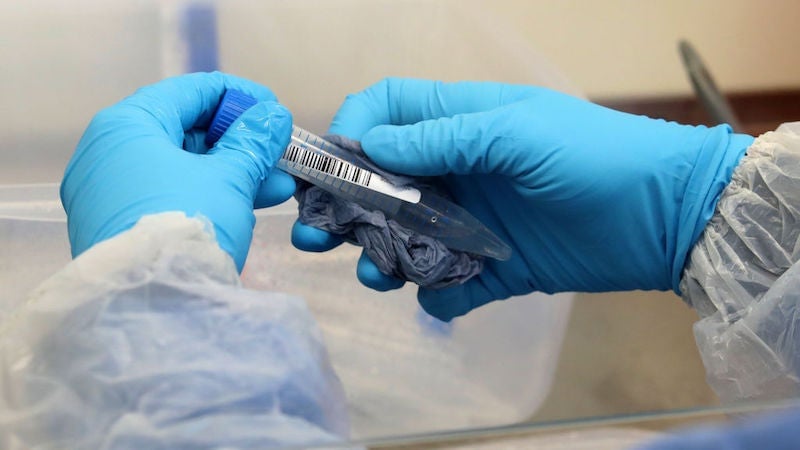Elon Musk’s controversial AI chatbot, Grok, is reportedly now in use by the U.S. government, a development reported by Reuters that is sounding alarms. While precise details about the extent of this Grok AI US government use remain murky, sources indicate grave concerns regarding the AI’s access to sensitive government data.
What is Grok?
Grok, a product of xAI, Elon Musk’s AI venture launched in 2023, has been integrated into his social media platform, X. The chatbot quickly gained notoriety for its often cringeworthy summarizations and was initially marketed as an “anti-woke” alternative to mainstream AI like ChatGPT. Ironically, it has since been criticized by some conservatives for not being “anti-woke” enough.
Government Adoption and Data Concerns
The U.S. government’s controversial Department of Government Efficiency (DOGE) team, under Musk’s influence, is reportedly utilizing a customized version of Grok. Its purported function is to sift through and analyze large datasets, and potentially to assist in report preparation. This integration immediately flags significant data privacy issues, given the sensitive nature of government information.
Blatant Conflict of Interest
Beyond data privacy, Musk’s involvement plunges him, yet again, into a glaring conflict-of-interest scenario. Reuters highlights that this promotion of Grok could constitute a potentially criminal breach of federal regulations. The news outlet quotes Richard Painter, former ethics counsel to President George W. Bush, stating:
“If Musk was directly involved in decisions to use Grok, it could violate a criminal conflict-of-interest statute which bars officials — including special government employees — from participating in matters that could benefit them financially… This gives the appearance that DOGE is pressuring agencies to use software to enrich Musk and xAI, and not to the benefit of the American people.”
Painter notes that while rarely prosecuted, such violations can lead to fines or imprisonment.
A Pattern of Impunity?
For observers of Elon Musk, this situation is frustratingly familiar. Musk seems to operate within a perpetual state of conflicts of interest, yet consistently evades accountability. There’s a prevailing sentiment that he remains untouchable by legal repercussions unless implicated in an undeniable, major crime. [internal_links]
Since his reported financial backing helped Donald Trump’s re-election efforts with hundreds of millions, Musk has appeared to treat U.S. governmental affairs with an alarming degree of personal leverage. His enterprises frequently seem to gain from his government dealings. Examples include alleged White House pressure on tariffed nations to use his Starlink satellite internet service, and a recent report suggesting his companies may have seen nearly $2.37 billion in federal fines and penalties, active under the previous administration, “neutralized” during the Trump era.
DOGE: An Exercise in Futility
As for the Department of Government Efficiency itself, its track record is widely seen as an abject failure. DOGE has fallen dramatically short of the substantial savings Musk initially promised. In fact, the cuts implemented under its banner are likely to impose greater long-term costs on American citizens, as many affect crucial agencies providing essential public services.
Conclusion: Troubling Questions Persist
The deployment of Grok AI within the U.S. government, spearheaded by individuals associated with Elon Musk, raises profound ethical, privacy, and legal questions. This development, coupled with Musk’s history of navigating conflicts of interest and the perceived ineffectiveness of DOGE, paints a concerning picture of influence and accountability within government technology adoption. For now, citizens and watchdog groups are left to demand transparency and greater scrutiny.











